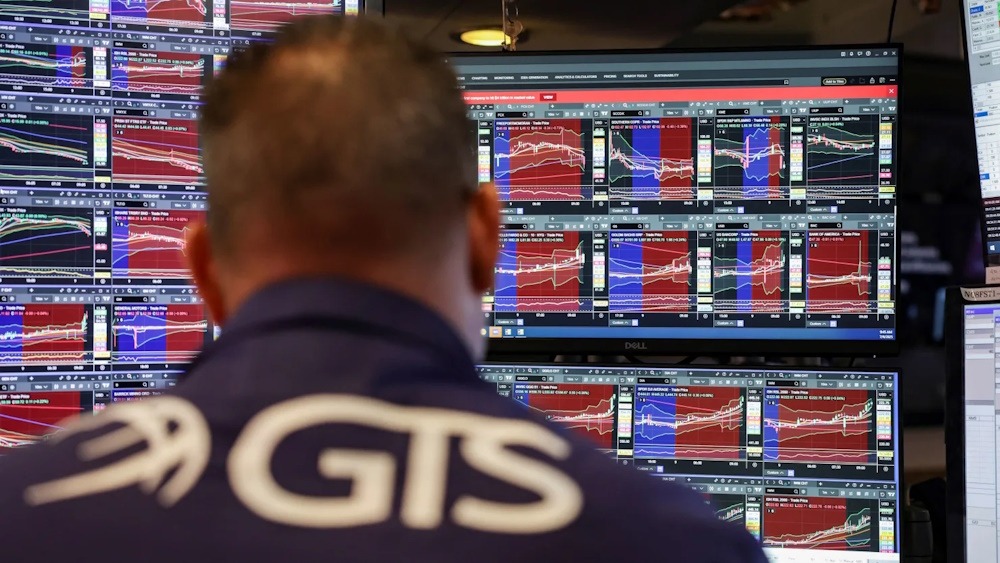
On Monday, equity markets experienced a decline as market participants prepared for significant U.S. inflation data scheduled for release later in the week, while largely overlooking a favorable advancement in the ongoing tariff negotiations.
The Dow Jones Industrial Average experienced a decline of 200.52 points, representing a decrease of 0.45%, ultimately closing at 43,975.09. The S&P 500 experienced a decline of 0.25%, concluding at 6,373.45, while the Nasdaq Composite saw a decrease of 0.3%, finishing at 21,385.40.
This week’s inflation readings will represent a significant challenge for a broad market index that is approaching record highs. The upcoming release of the consumer price index on Tuesday, followed by the producer price index on Thursday, will play a pivotal role in influencing expectations regarding interest rate movements, particularly in relation to the Federal Reserve’s forthcoming September meeting. Elevated inflation readings may impede the market’s progress.
Forecasts indicate that the July Consumer Price Index is expected to reflect a month-over-month increase of 0.2% and an annual increase of 2.8%, based on estimates from Dow Jones. Core CPI, which omits the more erratic food and energy prices, is projected to increase by 0.3% month-over-month and 3.1% year-over-year, a rise from June’s figures of 0.2% and 2.9%, respectively.
The inflation data is released in anticipation of the Fed’s Jackson Hole meeting in Wyoming on Aug. 21-23, an event that may influence the direction of the September meeting. Despite the market currently reflecting an 87% probability of a rate cut in the upcoming month, CFRA Research’s Sam Stovall cautioned CNBC that investors might be prematurely optimistic.
“I’m getting a little concerned that the market is going to end up being disappointed,” stated the firm’s chief investment strategist. “The Fed will face a conundrum if inflation persists and consumer spending continues — what is the justification for reducing rates?” On Monday, market participants expressed disappointment following President Donald Trump’s signing of an executive order that postponed the deadline for tariffs on Chinese imports by an additional 90 days. The president executed the order just hours before the midnight deadline, coinciding with the expiration of the prior pause that had been established.
